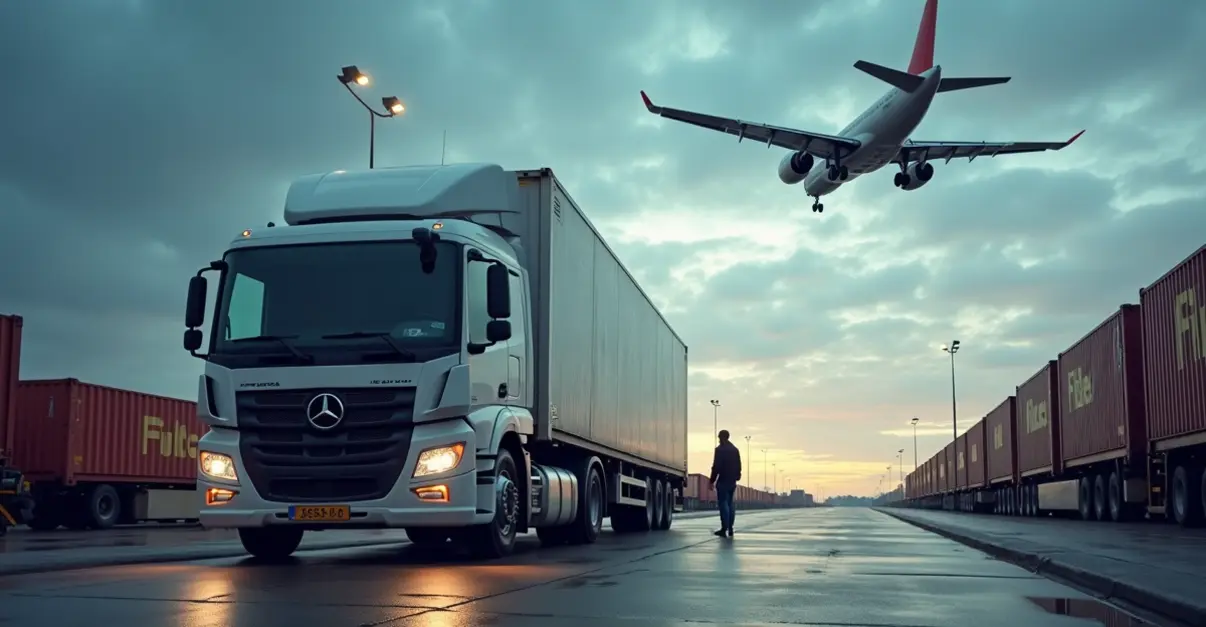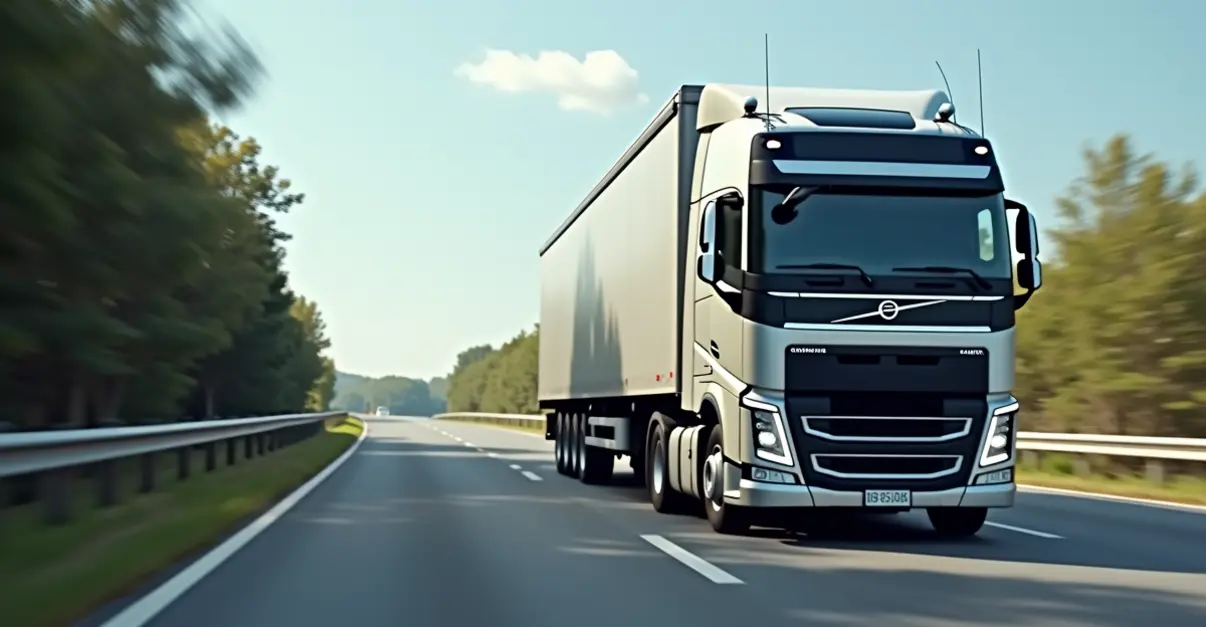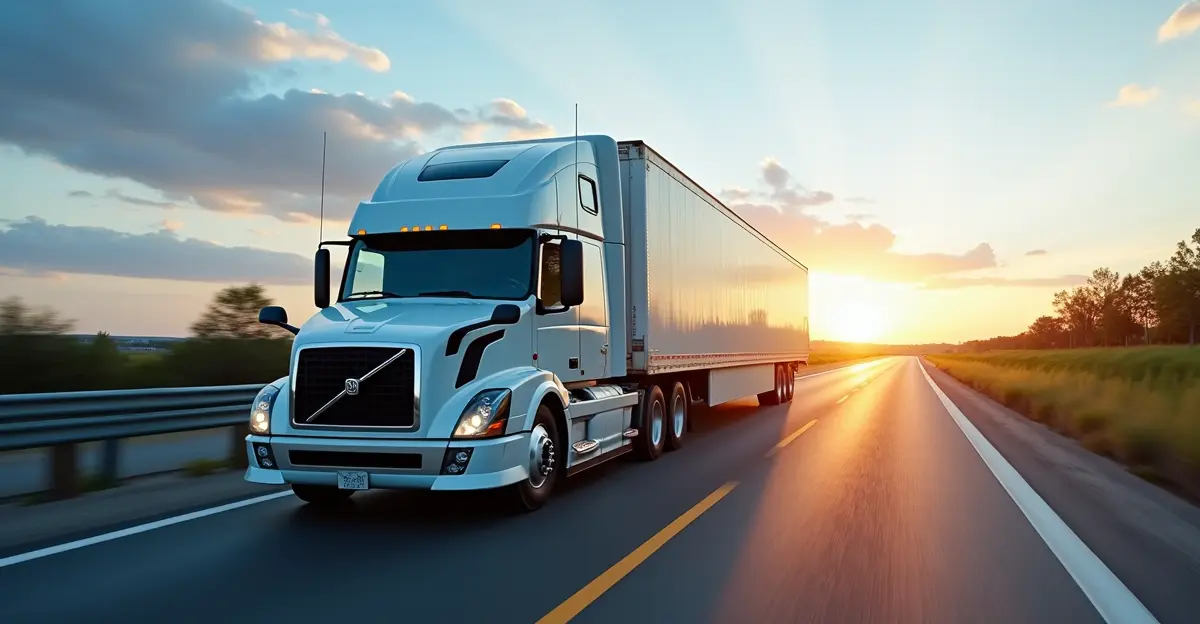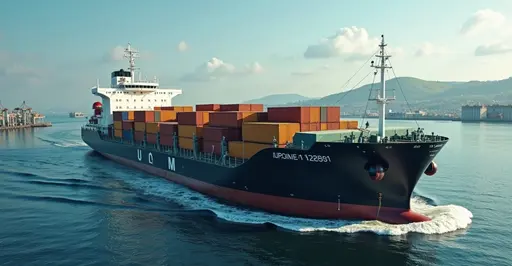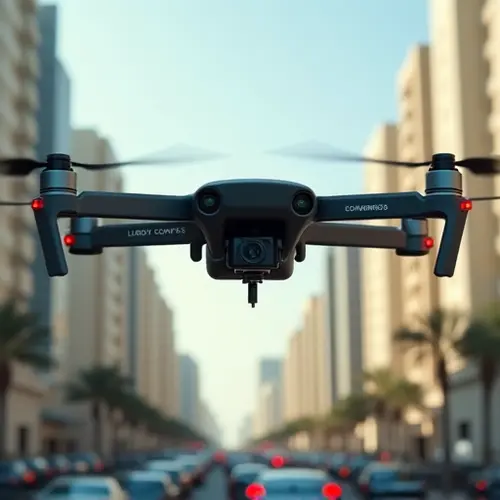Revolution in Air Cargo: Pilotless Aircraft Take to Domestic Skies
In a landmark decision that could transform the logistics industry, autonomous freight planes have received regulatory approval to begin trials on domestic routes across the United States. The Federal Aviation Administration has greenlit pilotless cargo operations, marking a significant step toward fully autonomous air transport systems.
Military Leads the Way
The U.S. Air Force has been at the forefront of this technological revolution, recently signing a $17.4 million contract with Reliable Robotics to deploy pilot-less C-208 aircraft for Pacific logistics operations. During the massive Resolute Force Pacific (REFORPAC) exercise in July 2025, the Air Force successfully conducted its first pilotless cargo flights in the Pacific region using a Cessna 208B Grand Caravan powered by Joby Aviation's Superpilot software.
'This represents the future of logistics - aircraft that can operate safely and efficiently without putting human pilots at risk,' said General Mark Kelly, Commander of Air Combat Command. 'The technology has proven itself in rigorous testing and we're confident in its safety protocols.'
Commercial Applications Emerge
While military applications have led the charge, commercial cargo operators are now preparing to launch their own autonomous services. Companies like Xwing are converting existing Cessna cargo planes into remotely-supervised vehicles, with plans to introduce autonomous cargo operations by late 2025. The transition to pilotless operations is expected to begin with cargo flights before eventually expanding to passenger services.
The economic implications are substantial. Industry analysts estimate that autonomous flight technology could save the aviation industry over $35 billion annually through reduced crew costs, improved fuel efficiency, and optimized routing.
Safety and Certification
The FAA's approval follows extensive testing and validation of autonomous systems. Reliable Robotics made history in November 2023 by completing a 12-minute autonomous flight where the aircraft handled taxi, takeoff, flight, and landing without any human intervention, with the system being remotely supervised from 50 miles away.
'Safety remains our absolute priority,' emphasized FAA Administrator Mike Whitaker. 'These autonomous systems have undergone thousands of hours of testing and meet the same rigorous standards we apply to all aircraft operating in our national airspace.'
The certification process for autonomous aircraft involves multiple layers of redundancy, advanced collision avoidance systems, and comprehensive emergency protocols. All autonomous flights will initially include safety pilots onboard to monitor systems, though no manual intervention is expected to be necessary.
Industry Response and Future Outlook
Airline pilot unions have expressed concerns about job security, but acknowledge the inevitable progression toward automation. 'We're working with regulators and manufacturers to ensure that safety standards remain uncompromised during this transition,' stated Capt. Joe DePete, President of the Air Line Pilots Association.
The technology's potential extends beyond cost savings. Autonomous cargo planes can operate in conditions that might be challenging for human pilots, including night operations, adverse weather, and missions to remote or dangerous locations.
Looking ahead, industry experts predict that small autonomous planes could begin carrying passengers by the end of this decade, with larger passenger jets operating without pilots potentially by the 2040s. The current focus on cargo operations provides a crucial testing ground for the technology while addressing fewer public perception challenges than passenger flights.
The approval of autonomous freight planes for domestic routes represents not just a technological milestone, but a fundamental shift in how we conceptualize air transportation. As these pilotless aircraft begin regular service, they promise to reshape supply chains, reduce operational costs, and open new possibilities for air cargo logistics across the United States and beyond.

 Nederlands
Nederlands
 English
English
 Deutsch
Deutsch
 Français
Français
 Español
Español
 Português
Português
